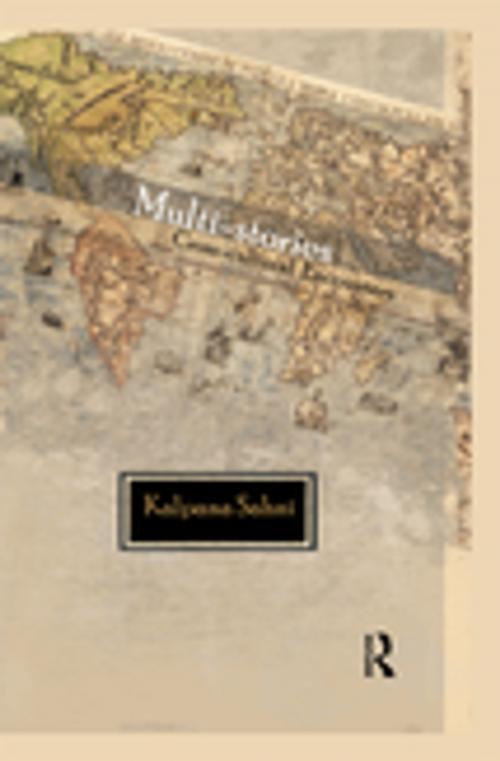Multi-stories
Cross-cultural Encounters
Nonfiction, Social & Cultural Studies, Social Science, Cultural Studies, Ethnic Studies, History| Author: | Kalpana Sahni | ISBN: | 9781136704628 |
| Publisher: | Taylor and Francis | Publication: | June 2, 2010 |
| Imprint: | Routledge India | Language: | English |
| Author: | Kalpana Sahni |
| ISBN: | 9781136704628 |
| Publisher: | Taylor and Francis |
| Publication: | June 2, 2010 |
| Imprint: | Routledge India |
| Language: | English |
This unique work explores, through personal narratives, the overlapping and intermingling of cultures as well as the immense cultural diversity across the world. This exploration inevitably questions notions of higher or lower cultures, and civilized or uncivilized peoples. Indeed it questions the very concept of superiority amongst peoples. Apart from cross-cultural encounters, this work also discusses how various democratic and non-democratic governments and organizations have attempted to conceal cross-cultural influences by inventing superiority, purity, and authenticity of cultures and civilizations to the detriment of others. Yet cross-culture pollination, an ongoing process, always reveals itself through the ignored cracks of history. The book shows that India is no exception and has been and continues to be porous. The numerous examples of cross-pollination — with Algeria, Indonesia, Cambodia, to mention a few — force us to re-look cultural constructs and indeed the very meaning of culture.
This unique work explores, through personal narratives, the overlapping and intermingling of cultures as well as the immense cultural diversity across the world. This exploration inevitably questions notions of higher or lower cultures, and civilized or uncivilized peoples. Indeed it questions the very concept of superiority amongst peoples. Apart from cross-cultural encounters, this work also discusses how various democratic and non-democratic governments and organizations have attempted to conceal cross-cultural influences by inventing superiority, purity, and authenticity of cultures and civilizations to the detriment of others. Yet cross-culture pollination, an ongoing process, always reveals itself through the ignored cracks of history. The book shows that India is no exception and has been and continues to be porous. The numerous examples of cross-pollination — with Algeria, Indonesia, Cambodia, to mention a few — force us to re-look cultural constructs and indeed the very meaning of culture.















